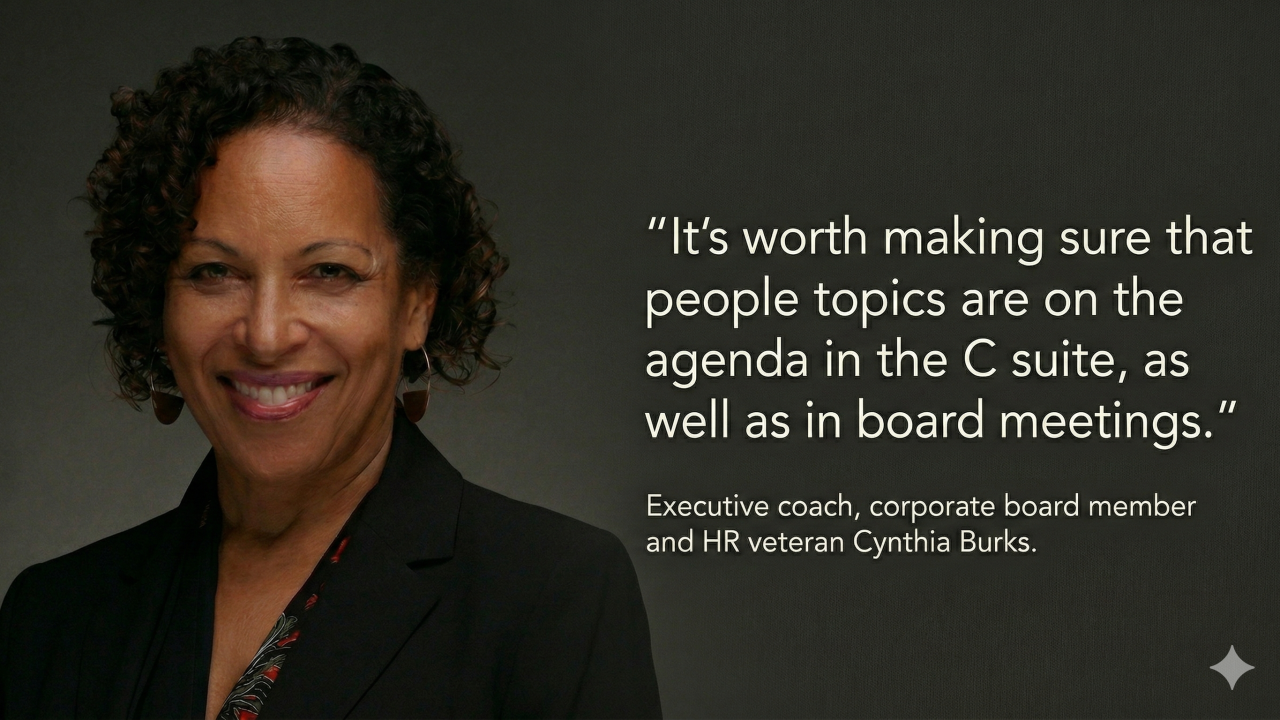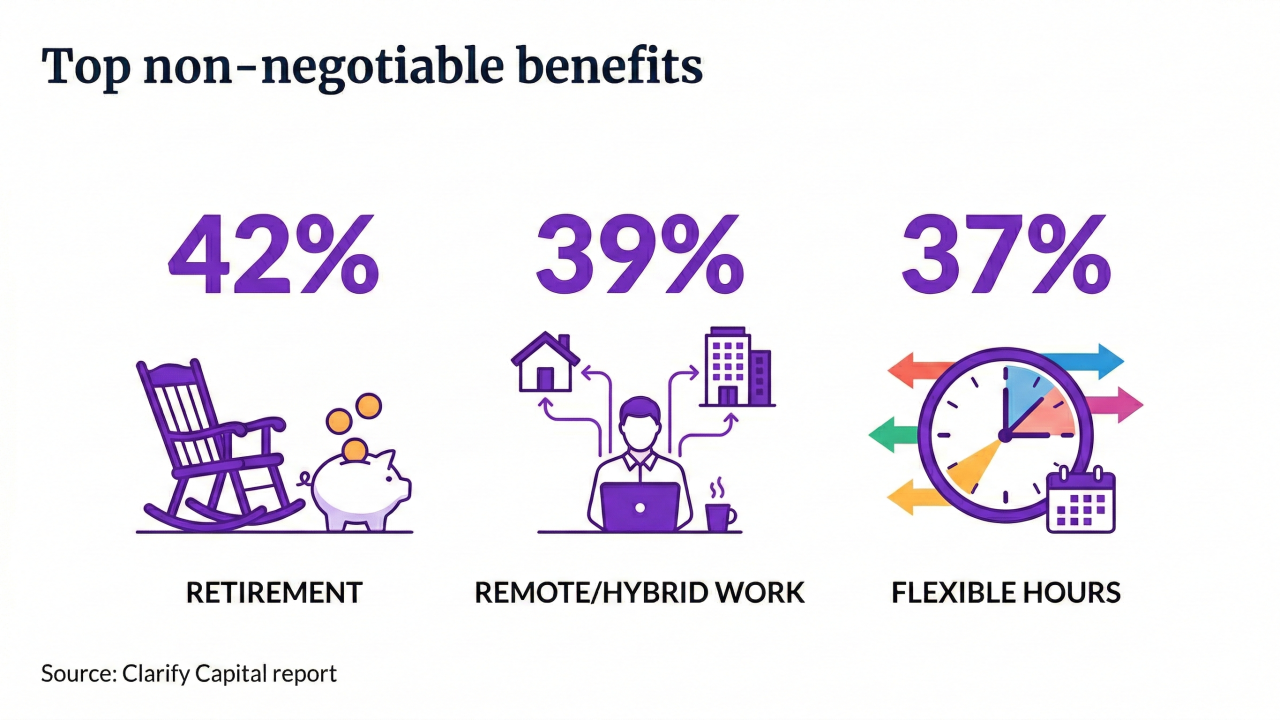A new study concludes that online health improvement programs are scalable to an entire workforce but should account for gender differences to get the best results.
Overall, participants in e-health programs that focused on weight loss and maintenance achieved significantly lower BMI and weight for both genders.
"With so many Americans on the Web these days, it’s no surprise that 61% of adults are looking for health information online," says Shawn Moore, senior product director, OptumHealth Care Solutions, which conducted the study.
"While health club memberships and other interventions certainly have their place, online health improvement programs are perhaps the easiest and most efficient to implement at scale. Most important, e-health drives behavioral change. Well over half of consumers tell us that their most recent online search affected how they would treat an illness or led them to ask their doctors additional questions," she adds.
In general, the study found that fewer men (57%) utilize such programs than women (64%).
The differences don’t end there. Women are nearly twice as likely as men to report seeking weight control tips online (42% of women and 24% of men). Overall, one-third of Internet users have looked for weight loss or weight control information online.
The majority of both genders (69%) focused on weight loss in their online health improvement program.
In terms of gender disparities, women were more likely than men to be enrolled in a program that focused on weight loss (73% versus 59%). Of those who focused on managing a health condition, 34% were men and 22% were women.
Women also participated in more electronic health coaching, with 21% enrolled in two or more online health programs, compared to 12% of men.
"We surveyed more than 700 people with one or more chronic conditions such as asthma, diabetes or high blood pressure and who had participated in an online health program in the past year," details Moore.
The top three reasons for enrolling and participating in an online health program were the same for both genders: weight loss, health improvement and
"Recognizing these kinds of differences when designing an engagement strategy will help foster greater employee participation in achieving behavioral change," Moore advises. “That’s critical, because half of a person’s health status is related to behavior, followed by genetics, environment and access to medical care.
“When designing incentives, what employees want should be a factor. Our study found that $100 gift cards for national retailers and paycheck deposits to offset health insurance premiums were the most appealing to both men and women,” adds Moore.
Program results
Four in 10 men completed an electronic health program. Most are satisfied with their online health program and report they realized their goals. That compares to one in three women who completed the program. Most are satisfied with their online health program and report they achieved their goals.
Employer-sponsored programs seemed to be more successful as respondents were more likely to complete the program in comparison to those in public programs, regardless of gender. Specifically, women enrolled in a public program were dramatically more likely to drop out before completion.
According to the study, electronic health programs were successful in promoting a healthy weight and BMI.
In the group that participated in an e-health program, 44.2% of them reduced their BMI versus only 30.8% in the control group. Those who completed the weight loss program lost 63% more BMI points on average than those who didn’t participate.
Overweight and obese individuals who completed the online health coach weight loss program were 44% more likely to lose weight than those who didn’t.
Other findings from the OptumHealth study include:
- 60% say the information found online impacted a decision about how to treat an illness or condition.
- 56% report it changed their overall approach to maintaining their health or the health of someone they help take care of.
- 53% say it led hem to ask a doctor new questions, or to get a second opinion from another doctor.
- 49% claim it changed the way they think about diet, exercise or stress management
- 38% say it affected a decision about whether to see a doctor
- 53% report it led them to ask a doctor new questions, or to get a second opinion from another doctor.
- 38% say it changed the way they cope with a
chronic condition or manage pain
When measuring both genders, together and separately, 32% were very satisfied with the program and slightly over half, in each demographic, were somewhat satisfied.
Similarly, men and women were equally likely to report they were able to achieve their goals and change behavior (74% in all categories).
"Employers should select an online health program that offers practical features. Both men and women in our study said that the most effective feature is an interactive health program tailored to their specific condition. But there were differences between the genders too, and recognizing them is important. For example, our study found that women were more likely than men to make use of calendars and reminders, to-do lists of recommendations by their doctors, and testimonials," explains Moore.
Read more:





